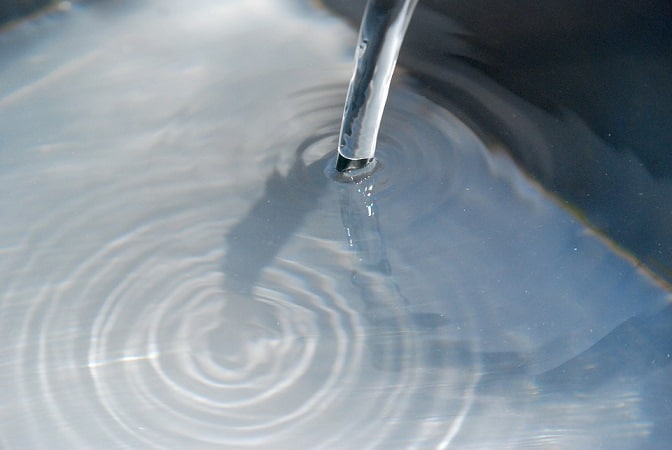Water, seemingly so insignificant yet so vital to our survival. The human body contains between 50% and 70% water, depending on gender, age, geographical situation, general health and various other factors.
If we do not drink water regularly we will become dehydrated, which can lead to a slew of health complications such as headaches, dizziness, dry mouth, dry eyes, wrinkled skin, sore joints, and more.
There is water in every single cell in our bodies, and it dissolves minerals and nutrients, making them available for biological processes; it also transports oxygen and nutrients around the body via the bloodstream.
What is really interesting is how the body manages its water resources. Part of this is done via a hormone called vasopressin, which is secreted by the posterior pituitary gland and by nerve endings in the hypothalamus. Vasopressin affects blood pressure by stimulating capillary muscles and reduces urine flow by affecting reabsorption of water by the kidneys.
Vasopressin is found in most mammals, and its role as the water-regulating molecule has been known for 70 years. Until recently it was thought that levels of vasopressin only rose when we are dehydrated, causing urine to become concentrated in the kidneys, freeing up more water to be used in the body and decreasing when there is too much water in the body thereby diluting the urine.
Innovative new research in Canada has demonstrated vasopressin has much more to offer. Dr Charles Bourque of McGill University in Montreal, Canada, uncovered an unexpected pathway that vasopressin uses to keep us properly hydrated. He presented his findings at the 2017 Canadian Neuroscience Meeting.
Dr Bourque demonstrated that not only is there a vasopressin feedback loop, but “it’s also involved in feed-forward mechanisms. [They] determined that this molecule is produced in the brain right before [people] go to bed, and during sleep, in anticipation of the dehydrating effect of sleep.”
“We’ve known for some time that [vasopressin] is involved in critical conditions like congestive heart failure and some types of lung cancer and other ailments like bed-wetting or increased urination at night. Our recent work has shown it also plays a key role in salt-dependent hypertension,” he added.
Get a water dispenser and water cooler accessories from Living-Water in London.






